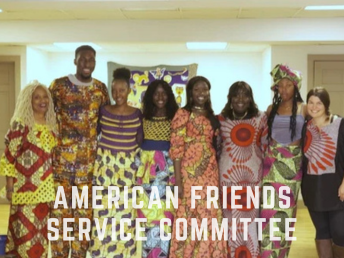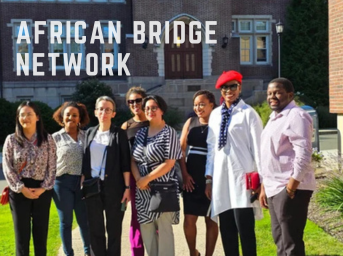Foundation Policies
GIFT REFUSAL POLICY
In the spirit of assuring the maximum charitable use of philanthropic assets, The Clowes Fund (the Fund) requires its officers, directors, members and staff to decline any and all gifts of tangible property (other than token items of nominal value), cash or investment assets from any non-profit or for-profit entity where such gift is associated, directly or indirectly, with proposals to or grants made by the Fund. Such gifts are to be politely refused and returned to the sender. Furthermore, in embracing the highest ethical standards, the Fund requires its officers, directors, members and staff to exercise discretion when considering invitations to events, performances, programs, luncheons or other activities from past, present or potential grantees.
CONFLICT oF IntEREST POLICY
Clowes Fund policy requires that officers, directors, members, committee members and employees carry out their respective duties in a fashion that avoids actual, potential or perceived conflicts of interest. Furthermore, the policy requires all officers, directors, members, committee members and employees involved in Clowes Fund business to provide an annual disclosure of actual or potential conflicts of interest that arise as a result of their role with the Fund. The Fund’s directors, officers and employees shall have the continuing, affirmative duty to report any personal ownership, interest or other relationship that might affect their ability to exercise impartial, ethical and business-based judgments in fulfilling their responsibilities to the Fund.
Special Requirements for Grants to 509(a)(3) Supporting Organizations
The Pension Protection Act of 2006 (PPA), although directed primarily at reforms to the nation’s pension system, also included several amendments to the statutes governing charitable contributions and charitable organizations. In light of the PPA, a private foundation, such as The Clowes Fund, must take extra precautions when making grants to charitable organizations that are classified as "supporting organizations" in Internal Revenue Code section 509(a)(3).
Pursuant to the applicable provisions of the PPA, which are now codified in the Internal Revenue Code and amplified in the United States Treasury Regulations and guidance published by the Internal Revenue Service (IRS), a private foundation is limited in the grants it may make to certain types of supporting organizations. Those provisions effectively prohibit grants by a private foundation to:
- Non-functionally integrated Type III supporting organizations; and
- Type I, Type II and functionally integrated Type III supporting organizations that are controlled directly or indirectly by the private foundation’s officers, directors, or other disqualified persons.
Type I and Type II supporting organizations generally are characterized by a significant degree of overlap in their governance structures with the public charities that they support; for example, having a majority of the supporting organization’s Board appointed by its supported organization(s) or by another organization that also controls the supported organization(s). Functionally integrated Type III supporting organizations generally are characterized by a substantial and responsive engagement with their supported public charities. Non-functionally integrated Type III supporting organizations are connected more loosely with their supported public charities (sometimes with no board overlap or substantial engagement with activities), and thus they may have neither (i) the degree of operation, supervision or control by or connection with their supported public charities as do Type I or Type II supporting organizations nor (ii) the same degree of operation in connection with their supported public charities as do functionally integrated Type III supporting organizations.
While the IRS historically did not include a Type I, II or III designation in determination letters issued to supporting organizations, most supporting organizations’ determination letters issued after the PPA’s implementation do reflect such a designation. Based on published guidance from the IRS, however, if you are classified as a supporting organization, the Fund will ask you to submit:
- Your organization’s most recent IRS determination letter, including any updates or changes;
- Your organization’s current Articles of Incorporation, Bylaws or other governing documents;
- A completed copy of The Clowes Fund’s Supporting Organization Information Request Form.
In addition, the Fund will confirm your organization’s tax-exempt status in Publication 78, Cumulative List of Organizations described in Section 170(c) of the Internal Revenue Code of 1986, via an online platform that verifies an organization’s public charity classification in the IRS Exempt Organizations Business Master File Extract, updated monthly.







